Village of Rochester Board of Trustees met February 26.
Here is the minutes provided by the Board:
President Suerdieck called the meeting to order at 7:00 p.m. with the Pledge of Allegiance.
Roll Call: Trustee Butcher Trustee Eandi
Trustee Hill Trustee Hendrickson
Trustee Zobrist President Suerdieck
Clerk Langdon
Absent: Trustee Monroe
President Suerdieck called the meeting to order and explained that this is an information meeting to allow Trustees and residents to discuss the opportunity to choose a new water source for the Village of Rochester. This meeting is the second Special Board Meeting to take place regarding this topic.
President Suerdieck started by addressing concerns about the transparency of the Village regarding the proposed water source. He explained that URWC gave their initial presentation to the Public Works Committee on July 24, 2017. Since this date, the Water and Sewer Committee has been researching and discussing the issue to determine if this would be in the Village’s best interest. He reminded residents that all meeting are open to the public and meeting notices are posted on the Village website and covered by the Rochester Times. For this meeting, the Village sent over 1,500 postcards to every meter address in the Village to make sure all residents were made aware.
The Village has been invited to join the United Regional Water Co-op, which is operated by E.J. Water. The source of water would come from wells that were once used by the Formosa plant located in Illiopolis. Several communities such as Broadwell, Elkhart, Mt. Pulaski, Latham, Harristown, Niantic and Illiopolis have already joined. All founding members (towns) joining the co-op would get an equal say on the governing board. The Village of Rochester currently pays $6.43 per 1000 gallons of water while the City of Springfield has not seen an increase since 2011 and is currently paying $2.10 per 1000 gallons. The new co-op rates would be $3.50 per 1000 gallons. Since 2009, CWLP has increased water rates for the Village of Rochester by 106%. By switching to a new water source, the Village could potentially save $5 million over a 20 year period, which could be used to address infrastructure needs.
The Village is concerned about the possibility of further rate increases by CWLP, since there is no cap on rates they may charge. The Village has met and is continuing to meet with CWLP to discuss this issue. The Village’s main concerns are 1) the projected $150 million-$180 million cost of the Hunter Lake should it come to fruition; 2) the possible dredging of Lake Springfield at a potential cost of $100 million; 3) the potential cost to clean up Lake Springfield, due to runoff, to meet EPA water standards; 4) the cost of repairing infrastructure in the Springfield; and 5) how all these may impact the Village’s rates.
At this time, President Suerdieck, Trustees, Village Engineer Kevin Kuhn, Eric Emmerich of EJ Water Cooperative, and Lee Beckman of Milano & Grunloh Engineers opened the floor for questions/comments from residents. Opinions expressed were mixed; however, the majority of those who address the Board were opposed to the switch for various reasons. Major concerns of residents consist of the following:
• Water quality – concerns about water coming from an area once a munitions plant, chemicals and minerals in the water, and radon in the water. Mr. Beckman stated the EPA had “ok’ed them”. Trustee Hendrickson informed audience that the Village is waiting on the EPA to update the capture zone map of the wells and that the Village would have the ability to write standards/contingencies into the contract with the URWC.
• Cost of Plant – President Suerdieck explained that URWC does not have all the numbers; however, the proposed $3.50 per 1000 gallons of water includes the cost of the plant. If this amount should be even $.01 higher, the Village may opt out of the contract. If a grant is received for construction, the cost could be lower than $3.50.
• Water capacity – concern that the shallow wells will not be able to produce during drought conditions. Mr. Kuhn explained that the well has been producing consistently since 1945 and that quantity should not be an issue. URWC stated that 1 or 2 additional wells may be added if Rochester joins the co-op to guarantee capacity. URWC used peak usage for each community and added 50% to determine plant size. Trustee Hendrickson informed residents they may review the Illinois State Water Survey report at the library.
• Possible cost to end CWLP contract – one resident stated that Chatham paid $700,000 for a 1-year buyout with CWLP. The Village of Rochester’s contract runs through 2029.
Residents asked if this issue could be presented to the voters. President Suerdieck explained that due to timing restrictions, a referendum would not be possible. Once URWC receives promised grant money, they will begin work on the plant. Rochester will have to make a decision at that time. If Rochester does not join at that time, the URWC will build the plant to accommodate only those in the co-op. URWC could receive the money at any time. The Board was then asked if they were prepared to make an informed decision at this time, to which President Suerdieck replied “no”.
Meeting adjourned 9:11 p.m.
http://rochesteril.org/Websites/rochesteril/files/Content/6250767/Special_Village_of_Rochester_Minutes_2-26-18.pdf

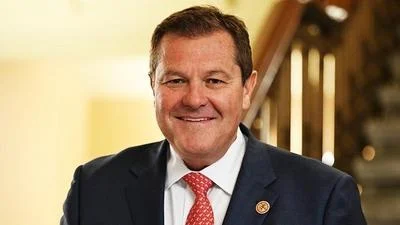
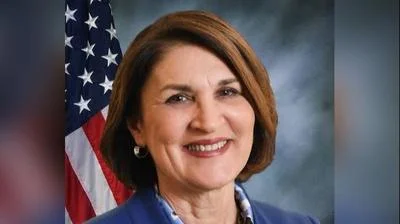
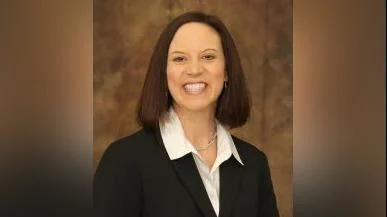
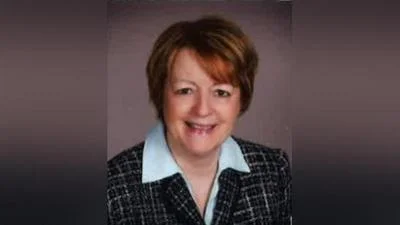
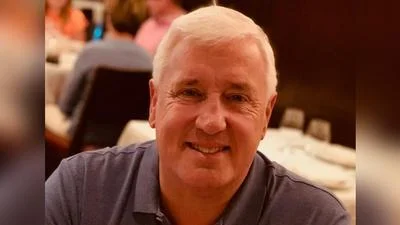
 Alerts Sign-up
Alerts Sign-up